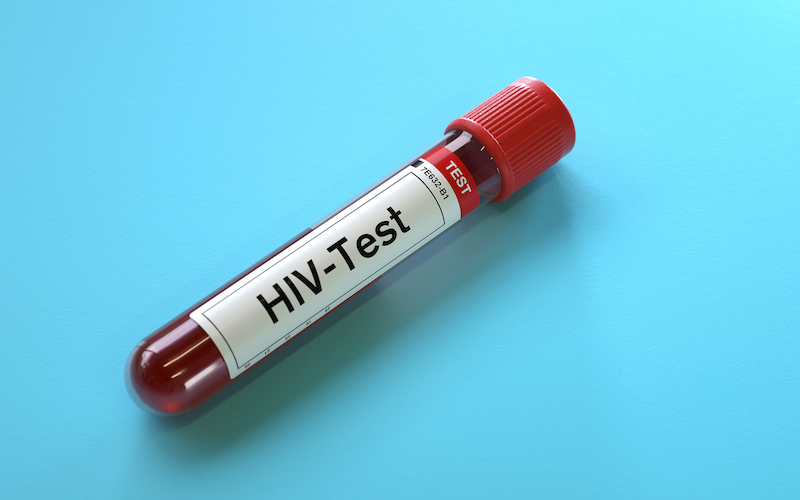As we recognize National Latinx AIDS Awareness Day on October 15, it’s vital to reflect on the impact of HIV/AIDS within the Latinx community and to bring public attention to the needs of those affected. Despite the strides we have made in the fight against this epidemic over the past four decades, we must remain vigilant. Our Latine communities continue to face alarming challenges, and it is our collective responsibility to ensure they have access to essential resources for HIV prevention, treatment, and care.
Recent data from the Centers for Disease Control and Prevention (CDC) reveals a troubling trend: while new HIV infection rates among non-Hispanic racial and ethnic groups decreased in 2022 compared to pre-pandemic levels in 2018, new infections among Latinos surged by 17%, with Latino men who have sex with men (MSM) experiencing a staggering 22% increase. For the first time since the epidemic began, Latino MSM now have the highest rates of new HIV infections in the country. In New York, the disparities are even more pronounced, with new HIV diagnoses among Hispanic individuals being 4.8 times higher than those of non-Hispanic White individuals in 2022 (NYS HIV/AIDS Annual Surveillance Report for Persons Diagnosed through December 2022).
This stark reality demands our attention and action. The White House Office of National AIDS Policy (ONAP), under the leadership of Francisco Ruiz, recently hosted the Adelante/Forward! Summit: A White House Convening to Accelerate Our Nation’s HIV Response in Hispanic/Latino Communities. Hundreds of Latinx leaders and activists gathered, both in person and virtually, to re-focus and strategize on achieving our national goal of ending the HIV epidemic by 2030.
Yet, we cannot ignore the enduring stigma, social, economic, and systemic factors that exacerbate HIV/AIDS, as well as broader health inequities in our communities. The data is sobering: new HIV infections among Latina transgender women rose an astonishing 94% between 2014 and 2022, while infections among young Latino MSM aged 25-34 increased by 95% over the past decade. According to the U.S. Department of Health and Human Services Office of Minority Health, Hispanic women were 19 times more likely to have AIDS in 2022 compared to their non-Hispanic White counterparts, while Hispanic men faced nearly double the mortality rate from HIV.
One factor contributing to this outcome is the lack of access to pre-exposure prophylaxis (PrEP) for Latine people. According to preliminary data published by the CDC in October 2023, only 24% of Latine people who could benefit from PrEP have been prescribed it, compared to 94% of White people who could benefit from PrEP.
Access to education, housing, health insurance, and healthcare services are critical components for testing, prevention, and treatment. Medicaid and the Ryan White HIV/AIDS Program play significant roles in providing outpatient care and support services for people living with HIV. New York’s Medicaid Special Needs Health Plans, such as Amida Care, are specifically designed to support those affected by HIV, and Amida Care offers expertise in gender-affirming care for transgender individuals regardless of their HIV status.
Amida Care works tirelessly to facilitate access to culturally responsive, comprehensive health care so its members can lead healthy, fulfilling lives. As a member of its Board of Directors and President of the Latino Commission on AIDS, I am committed to collaborating with healthcare providers, community partners, and social service organizations to address HIV’s disproportionate impact on the Latine community. It will take a united effort to achieve our goal of ending HIV, and we need to remain engaged and proactive.
We must cultivate a new generation of leaders who can sustain attention on this epidemic and drive investment in culturally and linguistically tailored educational campaigns, prevention and treatment programs, research, workforce development initiatives, multi-sector partnerships, and access to quality health care. Furthermore, we must dismantle cultural barriers and homophobia, transphobia and xenophobia that hinder engagement to disproportionately affected communities. Ending HIV requires our collective strength as a community, and together we can create a future where every individual is informed, empowered, and free from the threat of HIV. Together we can!
Source: This op-ed article was written by Guillermo Chacón, President of the Latino Commission on AIDS and originally published at https://eldiariony.com


